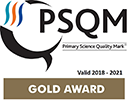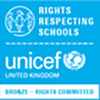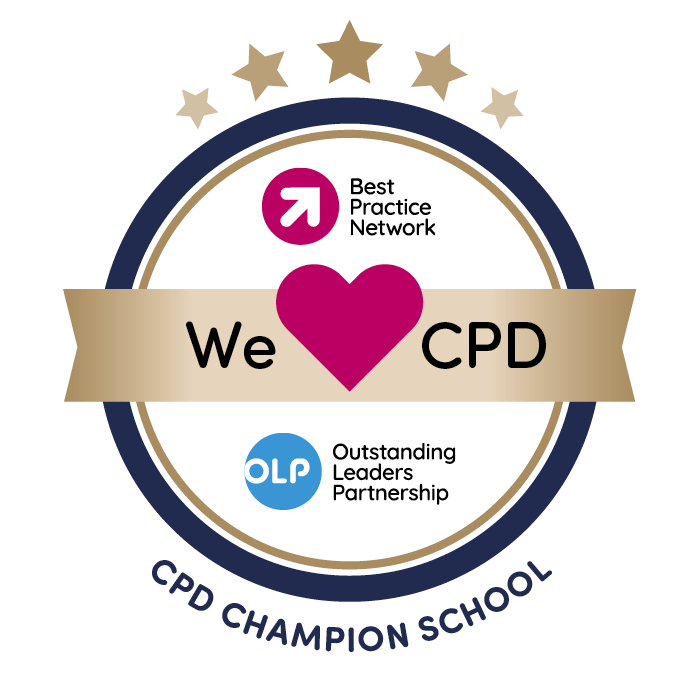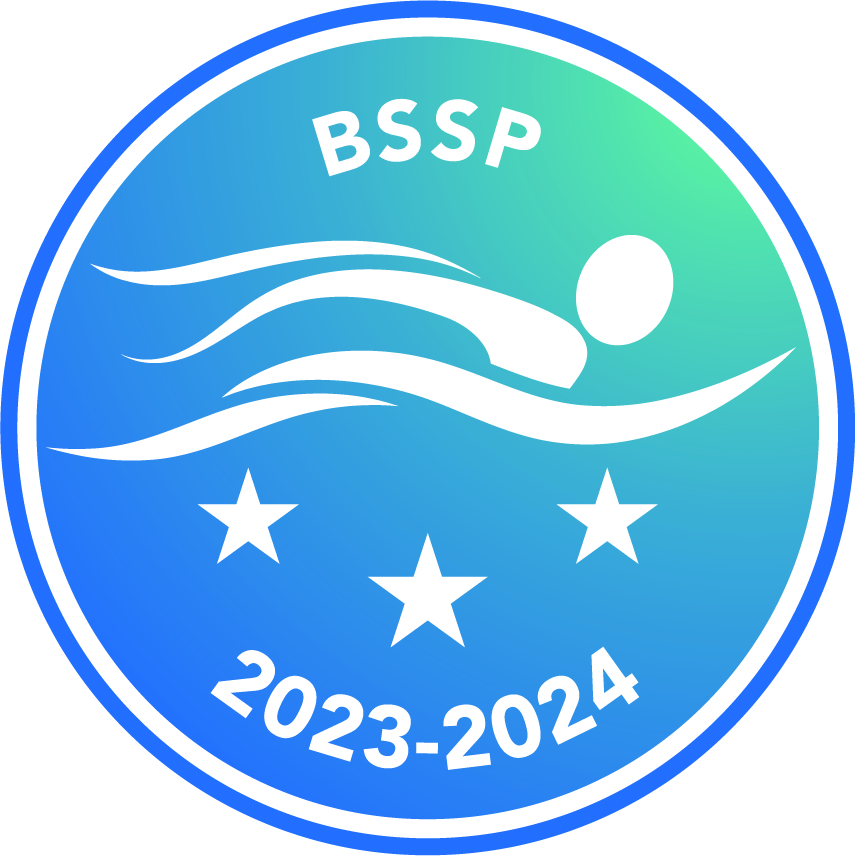Safeguarding
The Downley School is fully committed to safeguarding and promoting the safety and welfare of children at all times. We expect all staff, governors and volunteers to share this commitment, and training, monitoring and reporting procedures are in place to ensure this commitment is realised.
We aim to provide a safe environment that is conducive to learning. We also aim to identify children who are suffering or are likely to suffer significant harm, and take appropriate actions to keep them safe in school and at home when required.
We have safer recruitment procedures in place, as well as a range of policies and procedures to ensure that your child is safe while at school.
We will take all appropriate measures to prevent unsuitable people from working with the children; promoting safe practice (and challenging unsafe practice); identifying instances in which there are grounds for concern about a child's welfare, taking appropriate action to keep them safe; and contributing to effective partnerships between all those involved with providing services for children.
We also ensure that we take all possible safeguarding steps to ensure that all volunteers are suitable as they work in a a position of trust in our school. We are request that all prospective volunteers fill in a safeguarding declaration and we will ask for verification from previous schools or places of employment so that there are no concerns about a person's suitability to volunteer in our school.
Our Designated Safeguarding Leads are: Ms F Taylor Interim Head teacher and Mrs L Gippert Assistant Head teacher. We also have a designated Safeguarding Governor, MR J White, who monitors our safeguarding and child protection processes alongside the governing board.
If you have any questions regarding the safety of a child during term time please contact Ms Taylor or Mrs Gippert via the school office.
If you need assistance outside of school hours, at a weekend or during a school holiday you can contact the National Society for the Prevention of Cruelty to Children (NSPCC) 24 hours a day. You can do this via their website at https://www.nspcc.org.uk/what-you-can-do/report-abuse/ by telephone: 0808 800 5000, by text: 88858 or by email: help@nspcc.org.uk
If you think a child is in immediate danger do not dely: CALL 999 straight away.
All matters will be taken seriously and treated sensitively.
If you are concerned that a child or young person is at risk of significant harm, please contact the Buckinghamshire Safeguarding Children Board First Response Team on 0845 4600001
For further information on Safeguarding in Bucks please click on the link below. This has a link to the Department for Education “Report a concern” button.
Buckinghamshire Safeguarding Children Board
Safeguarding Advice for Schools
Safeguarding and child protection has always been a high priority for schools as we all work hard to ensure the safety of all of our children. We have a range of systems in place at our school, and are more than happy to share details of these with other schools, including proformas and even advice or just a chat about systems that work for us.
On this page we will share any documents or information we have found particularly helpful, but please do email us if you would like to discuss how we ensure safeguarding is effective across our school.
There are many documents and pieces of legislation that we as schools have to follow. There are others we need to know about. The most important documents are listed below:
Department for Education – Keeping Children safe in Education
Department for Education – Keeping Children Safe in Education – Part 1
(This is essential for all schools and colleges to follow)
Disqualification Under the Childcare Act
Working Together to Safeguard Children
What to do if you’re worried a child is being abused, DfE (March 2015)
Information Sharing: Advice for practitioners, DfE (March 2015)
The school also follows the Essex Safeguarding and Child Protection Policy
Safeguarding and Child Protection Policy
SET Child Protection and Safeguarding Procedures
Online Safety
Safe use and understanding of the Internet is a requirement of the National Curriculum for England, as well as being a vital tool for staff and children. The school’s curriculum provides varied and repeated opportunities to use the internet for structured and meaningful activities. This promotes pupils’ skills, experience and understanding of the internet and its services enabling them to become discerning and competent users of the technology, more able to protect themselves.
ICT safety is about being safe online. What is online safety?
Online safety is concerned with safeguarding young people (and indeed adults!) in the digital world. It is about learning to understand and use new technologies in a positive way.
Online safety is not about restricting children, but educating them about the risks as well as the benefits so they can feel confident and happy online. Adults must ensure they are educated to be able to support and help young people.
How does our school ensure our children and adults are safe online?
We have made online safety a priority across the school.
All staff have regular and up to date training, they can recognise and are aware of online safety issues.
We have school reporting processes that are clearly understood by the whole school, allowing the pupils to report issues to staff. Children are therefore aware of how to report a problem.
An online safety policy is in place and runs alongside our behaviour, safeguarding and child protection policies.
We have a home school agreement that relates to our ‘Acceptable use policy’ which we ask all parents to read and sign
We are teaching a progressive curriculum that is used to promote online safety through teaching pupils:
- how to stay safe
- how to protect themselves from harm
- how to take responsibility for their own and others safety.
Positive sanctions are used to reward positive and responsible use of the internet.
How can you ensure your child is safe online at home?
- Make sure your child knows to always keep private information safe and watch what they say on the internet. People may not be who they say they are online and it’s not always possible to control who can see your child’s information.
- Your child should know not to give out information like: their full name/ photos/ postal or email addresses/ school information/ mobile or home telephone numbers/ details of places they like to spend time
- Make sure your child knows that they shouldn’t arrange to meet people that they have only met online. Even if they have been chatting with someone for a while, that person is still a stranger.
- If you have an older child who uses social networking sites, then you can help keep their information safe by setting privacy settings. This can restrict access to personal information and photos on things like facebook.
- You should also encourage your child to use a nickname instead of their real name in chat rooms or on instant messaging services.
- To stop people accessing your child’s online accounts, encourage them to keep their passwords secret, and to change them regularly.
- If your child is using e mail, then ensure they know how to block people who send offensive messages and tell them not to open unknown links and attachments. They should delete any suspicious emails or attachments as they may contain something offensive or have a virus that can cause damage to the computer.
- One of the main ways children can come across inappropriate content online is through search results. Most search engines include a ‘safe search’ option that excludes results containing inappropriate images or key words.
- You can also install parental control software to filter out harmful and inappropriate content for computers and some mobile phones and games consoles.
- The final rule is that your child should come to you or a trusted adult if they are worried or unhappy about anything they see online. They should also do this if a friend they have made online has asked to meet them in the offline world.
- If your child does experience inappropriate content online, report it to the website it appears on. CEOP has developed an internet safety web page with more information.
Visit www.ceop.police.uk/safety-centre
Please read our online safety tips below. Talk about them with your child. We will be reminding you regularly of the tips in our weekly newsletters.
Online safety tips for Nursery and Reception pupils:
- To recognise that people you don’t know are strangers.
- To be nice to people on the computer, like you would on the playground.
- Keep your personal information private.
- If you ever get that ‘uh oh’ feeling, then turn off the monitor and tell a grown up they trust.
Online safety tips for Key Stage One pupils:
- Always ask a grown up before you use the internet
- Don’t tell strangers where you live, your phone number or where you go to school. Only your friends and family need to know this.
- Don’t send pictures to people you don’t know, you don’t want strangers looking at photos of you or your family
- Turn off the monitor, then tell a grown up if you feel scared or unhappy about anything.
- Keep passwords safe, and don’t tell them to anyone else
Online safety tips for Key Stage Two pupils:
- Never give out personal details of any kind which could identify them or their location
- Never meet up with someone they have only met on line
- Be cautious when accepting texts, e-mails etc. from unknown sources
- Understand that some information may not be reliable
- Tell an adult if at any point they are uncomfortable, worried or unhappy about anything they have experienced online.
Children are taught online safety in school through:
- Specific online safety assemblies with follow up class teacher led lessons
- Inputs by class teachers at key points during pupils’ use of the internet
- Reminders and references in all classrooms regarding online safety in the form of posters and displays.
- The school uses the S.M.A.R.T. acronym with the pupils (Safe, Meeting, Accepting, Reliable, Tell).
There are lots of useful websites that offer more advice for you and your child about how to stay safe on line. Here are some links you may find useful.
www.digitalclassrooms.co.uk/supporting-parents-with-e-safety/
www.childnet.com/parents-and-carers
The link below provides full details of our Online and E Safety Policy in school:





